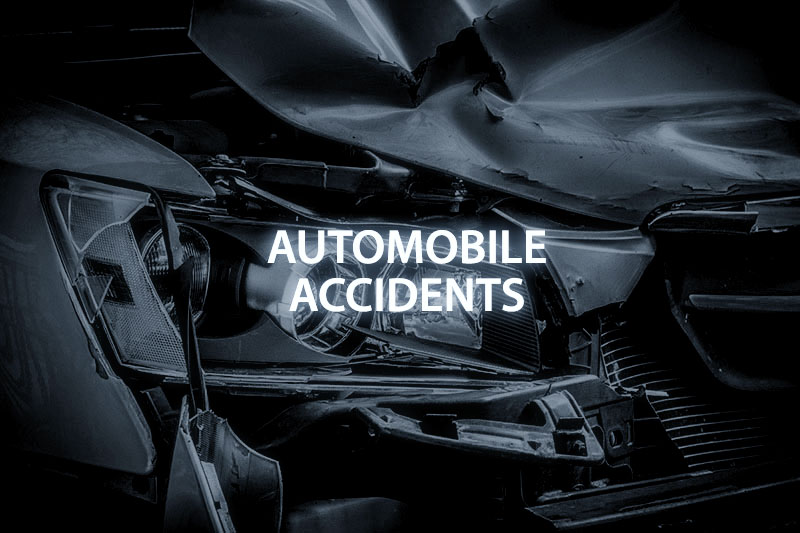In the aftermath of a car accident in California, one of the first steps towards recovery and compensation is determining who is at fault. California operates under a fault-based system for car accidents, meaning the person responsible for causing the accident is liable for the damages and injuries that result. Understanding how liability is established and the types of evidence that are crucial in these cases is essential for anyone involved in a car accident in the Golden State. This blog post aims to demystify the process of proving liability in California car accident cases, highlighting the significance of evidence, witness statements, and police reports.
Fault-Based System in California
What It Means
California’s fault-based, or “tort,” system allows the injured party in a car accident to file a claim against the at-fault driver’s insurance policy, pursue a claim with their own insurance company, or take legal action to seek compensation for damages. This differs from no-fault states, where drivers typically turn to their own insurance coverage regardless of who caused the accident.
Determining Fault
The process of determining fault involves assessing negligence. A driver is considered negligent if they failed to act with the level of care that a reasonably prudent person would under similar circumstances. Proving negligence is pivotal in establishing liability.
The Role of Evidence
Evidence plays a critical role in establishing fault and negligence in car accident cases. Below are types of evidence that are particularly influential:
Physical Evidence
This includes damage to the vehicles and surrounding property, skid marks, road conditions, and any relevant environmental factors. Photographs taken at the scene can be vital in reconstructing the accident and proving fault.
Medical Records
Documentation of injuries directly tied to the accident is essential for establishing the extent of damages caused by the at-fault party.
Traffic Laws
Understanding and referencing specific California traffic laws that were violated can serve as a solid foundation for proving negligence. For instance, if one driver ran a red light, citing the violation can support the case against them.
The Impact of Witness Statements
Witness statements can significantly influence the outcome of a car accident case. Neutral third-party witnesses, meaning those with no personal or financial interest in the case outcome, can provide unbiased accounts of the accident. Their perspectives can corroborate evidence presented and help establish a clear picture of how and why the accident occurred, shedding light on the responsible party.
The Importance of Police Reports
Though not always admissible in court, police reports are a cornerstone of the evidence collection process in car accident cases. Law enforcement officers responding to the scene are trained to assess and document accidents, providing an initial impartial view that can indicate fault. These reports often contain the officer’s opinion on who violated traffic laws, descriptions of the accident scene, and statements from those involved and witnesses.
Contributory Negligence
It’s crucial to note that California follows a “pure comparative negligence” rule, meaning that even if you are found partially at fault, you can still recover damages, although your compensation is reduced by your percentage of fault.
Car Accident Injury Attorney Caryn Warren Can Help!
Proving liability in California car accident cases hinges on a comprehensive collection and presentation of evidence, underscored by solid understanding of state laws concerning negligence and fault. In these often complex situations, leveraging witness statements and police reports, alongside physical and medical evidence, molds the foundation of a successful claim. Given the intricacies of establishing fault in car accidents, seeking the expertise of legal professionals seasoned in California’s traffic and personal injury laws can provide invaluable guidance and support through the claims process, ensuring victims’ rights are protected, and just compensation is pursued.
Personal Injury & Criminal Defense Services Available Throughout
Greater Sacramento, Yolo, Placer, and Solano Counties
Antelope, Arden-Arcade, Auburn, Benicia, Carmichael, Citrus Heights, Davis, Dixon, Elk Grove, Fairfield, Fair Oaks, Folsom, Galt, Gold River, Granite Bay, Iselton, Lincoln, Loomis, North Highlands, Orangevale, Rancho Cordova, Rio Linda, Rio Vista, Roseville, Rocklin, Sacramento, Suisun City, Vacaville, Vallejo, West Sacramento, Winters, Woodland

